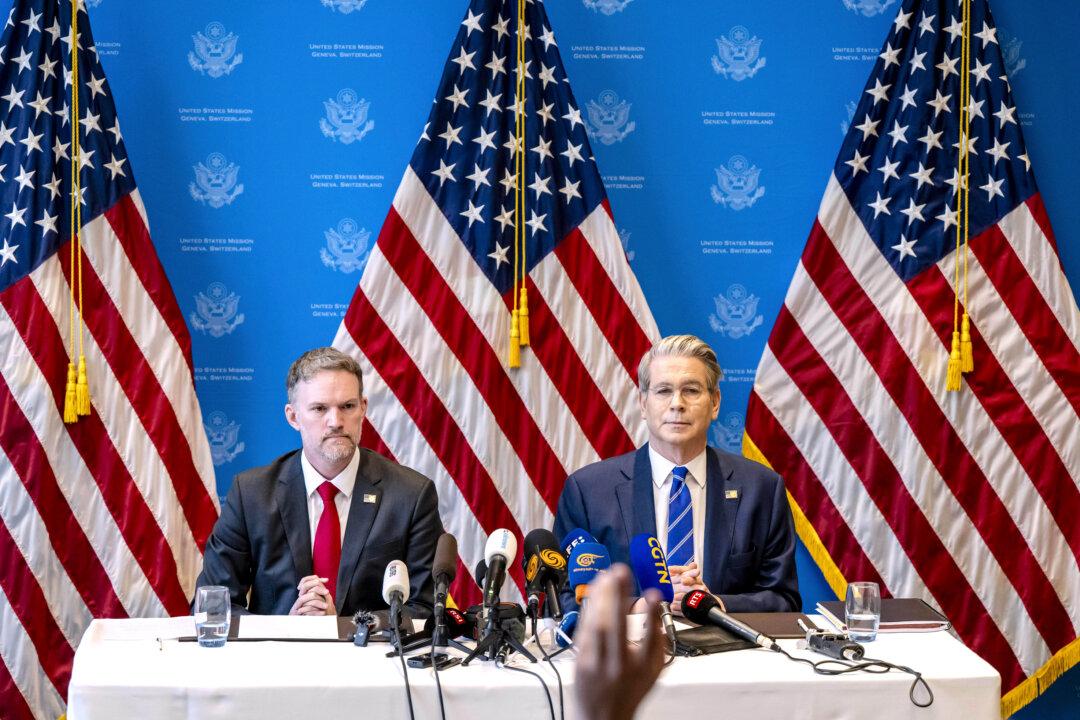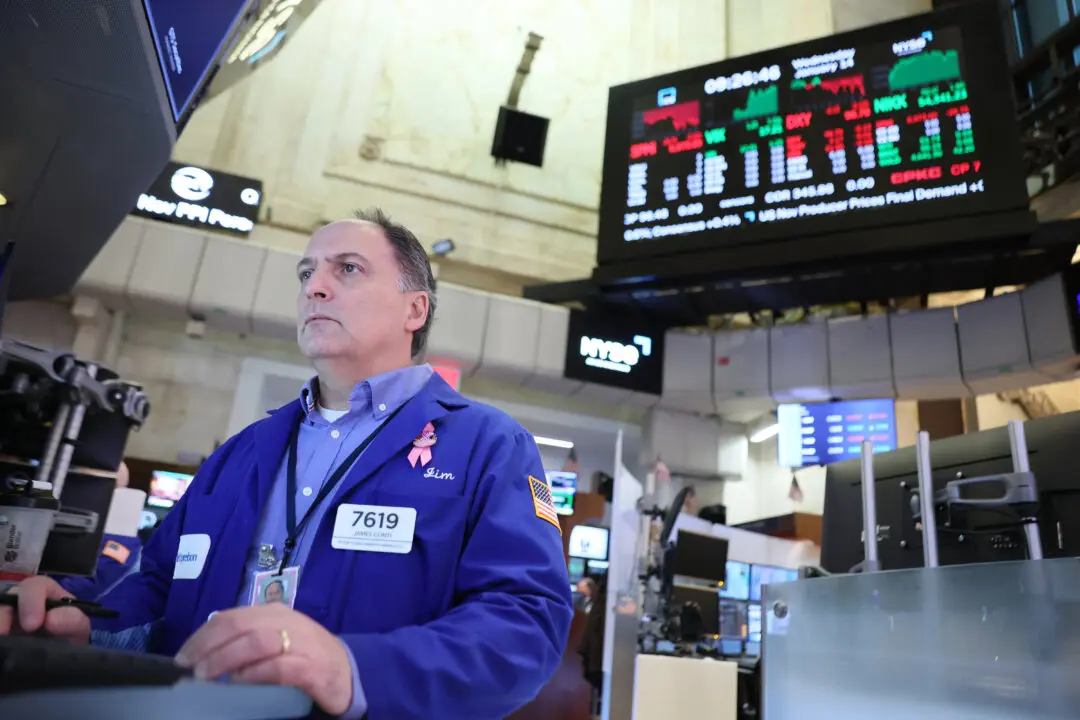Commentary
Last week, the Federal Open Market Committee (FOMC) met and decided they want to defy: (1) President Trump, (2) Treasury Secretary Bessent, (3) deflationary forces, (4) lower Treasury yields, (5) surging new unemployment claims, and (6) collapsing global interest rates by holding key interest rates steady. That doesn’t include: (7) the cost of servicing a soaring national debt, and (8) a suffering real estate market, so that home builders have to discount homes to sell them. Deflation is spreading, and the Fed can’t see it.





